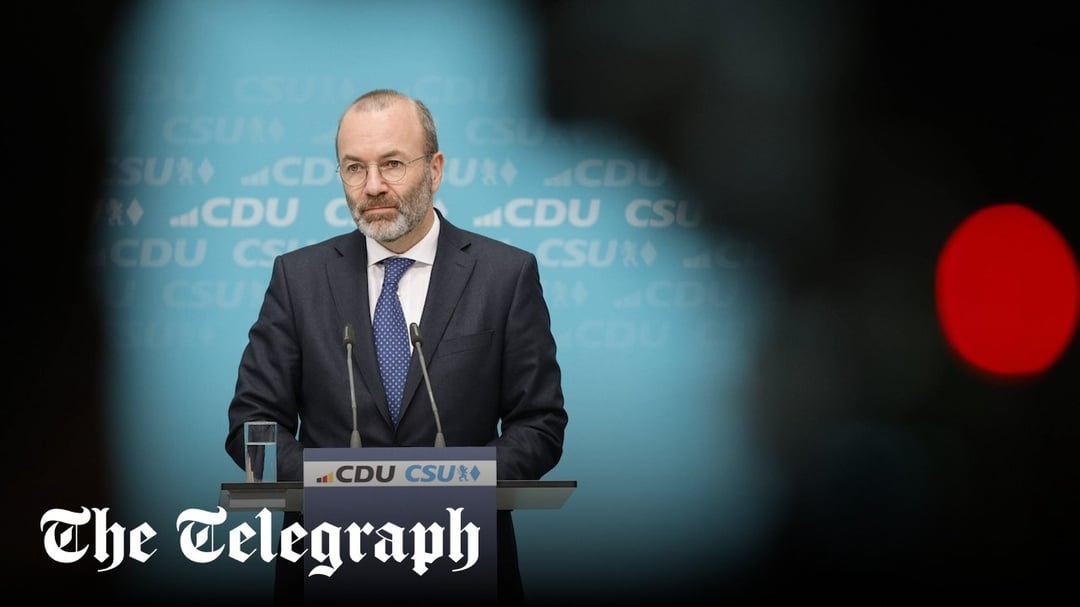Leaders from Europe"s automobile manufacturers and automotive suppliers have declared that the European Union"s ambitious target of achieving a 100% reduction in CO2 emissions from cars by 2035 is no longer feasible. This statement, made during a press conference earlier this week, underscores growing concerns about the practicality of such stringent environmental goals.
The executives highlighted significant challenges facing the industry, including technological limitations and the current pace of electric vehicle adoption. They argued that the existing infrastructure and market readiness do not support the rapid transition mandated by EU regulations. "We must have realistic goals that align with market capabilities," said one industry leader, emphasizing the need for a more gradual approach.
This development comes as the EU continues to push for aggressive climate action, aiming to reduce overall carbon emissions significantly by 2030. The automotive sector, which is a major contributor to greenhouse gas emissions, has been under pressure to innovate and transition to greener technologies. However, recent reports indicate that many manufacturers are struggling to meet current targets, raising questions about the viability of future deadlines.
As the deadline approaches, the implications for manufacturers and consumers could be profound. If the targets are deemed unattainable, the EU may need to reconsider its timeline and regulations, potentially impacting thousands of jobs and investments in the sector. The automotive industry is now urging for a collaborative dialogue with policymakers to align on achievable goals that still contribute to climate change mitigation efforts. The situation is evolving, and stakeholders are closely monitoring related developments, including recent developments in regulatory frameworks across various sectors.

Image for EU Auto Leaders Warn: 2035 CO2 Emission Targets Unachievable







![[Video] Gunfire between Iraqi security forces and Sadr militias in Baghdad](/_next/image?url=%2Fapi%2Fimage%2Fthumbnails%2Fthumbnail-1768343508874-4redb-thumbnail.jpg&w=3840&q=75)
